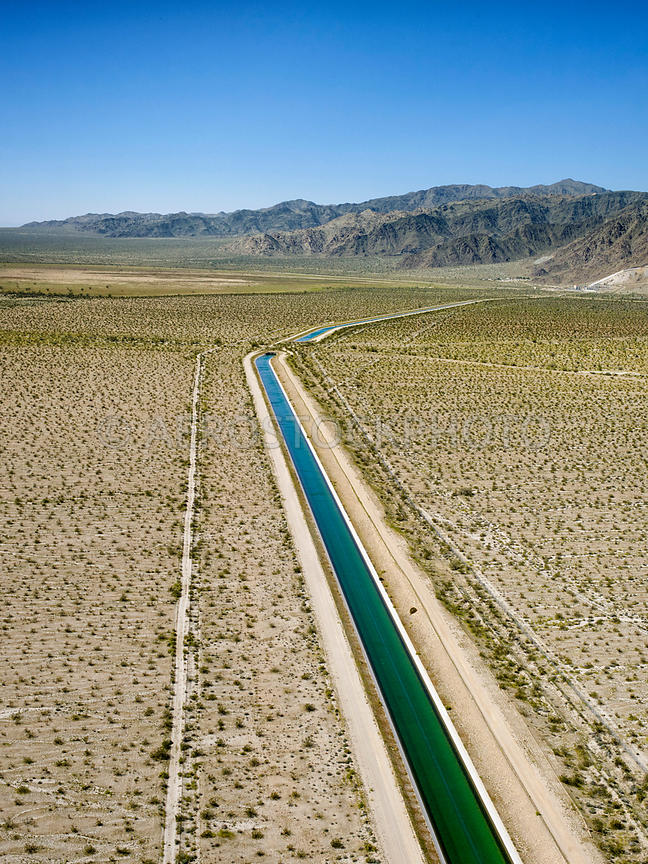
“Why does she keep bringing that up?” “Why won’t he just let it go?” Studies show those are among the most common questions people ask therapists. Therapists respond with impressive words that cost several hundred dollars an hour. I am no doctor, but the simple answer is: because you haven’t fixed the problem yet.
I get the same criticism. Every time I write about a common issue, such as water, someone invariably points out that I’ve written about it numerous times, and asks if I haven’t already made my point. Possibly so, except that others continue to raise it, almost always with a “new” angle, invariably helpful to California, but threatening to the economic future of Colorado.
A couple months ago it was the New York Times, bragging that Wall Street investors were going to buy western water and make a killing selling it to California, not caring that it would permanently dry out Western Colorado. This month it was a feature article in an Aspen newspaper, repeating the fiction that global warming has rendered future Colorado water development all but impossible. The article relied ostensibly on another new study. Talk about continuing to bring something up – how many more studies about this do we need? This one came from Utah State University’s “Center for Colorado River Studies.” That is a grant-funded program, describing itself as “a nexus for innovative research, teaching, and outreach that informs management of the Colorado River system…” Self-indulgence and grandiloquence notwithstanding, management of the Colorado River system is “informed” by a series of laws, not white papers published by college professors.
This particular paper echoes the nearly identical assumptions of one last year, by the U.S. Geological Survey. That’s not surprising, since the new study’s primary author is a former USGS employee. Anyway, both papers reach similar conclusions, namely, that climate change has significantly reduced available water, to the point that river managers must look for “alternative management paradigms and a different way of thinking compared with the status quo.”
The “fiction” I mentioned earlier is not climate change, just to be clear. Climate change is real, and it happens whether everyone agrees on its causes or not. And there are years in which snowpack is lower, sometimes many years in a row. Today there is clearly less water in the Colorado River, most years, than when the Interstate Compact was written a century ago.
As an aside, don’t miss the irony that advocates for rewriting the law of the river maintained, for decades, that there was no more water for Colorado to develop. Long before the global warming debate began, they claimed the original compact authors were simply wrong about how much water was there. Now, instead of blaming incompetent engineers, they blame climate, asserting instead that the river’s flow has declined significantly over the years. By definition, that means there was much more water, so the original state engineers were not wrong.
The fiction comes in several other aspects of this story. First, land management is a far greater factor in the decline of water flows than climate. Forests and other public lands are massively overgrown with such dense vegetation that vast quantities of water never reach the streams. Further, the overgrowth of streamside plants like tamarisk has also altered river flows dramatically. That’s why even in years with significantly higher snowpack, the river flows don’t necessarily return to their historically higher levels, and reservoirs don’t necessarily refill right away, as they otherwise would.
Second, and more important, it is fiction to assert that because of variations in river flows, managers are just going to have to change the way they manage and allocate water. Colorado is entitled, under interstate agreements and international treaties, to develop more water than it currently uses, and neither water managers nor college professors can change that. Colorado’s water obligation to the Lower Basin states of Arizona, Nevada, and California is based on a running ten-year average, not an annual precipitation alarm. And Colorado is not about to agree to changing a century of water law in a way that unilaterally harms the one state that still has unused water.
If California and its allies are certain that river flows will be forever lower because of climate change, then perhaps the entire agreement should be amended, reducing every state’s share proportionately. They would never agree to that, but they keep bringing the issue up. Maybe that’s because they can’t consider “alternative paradigms or a different way of thinking.”




Comments on this entry are closed.